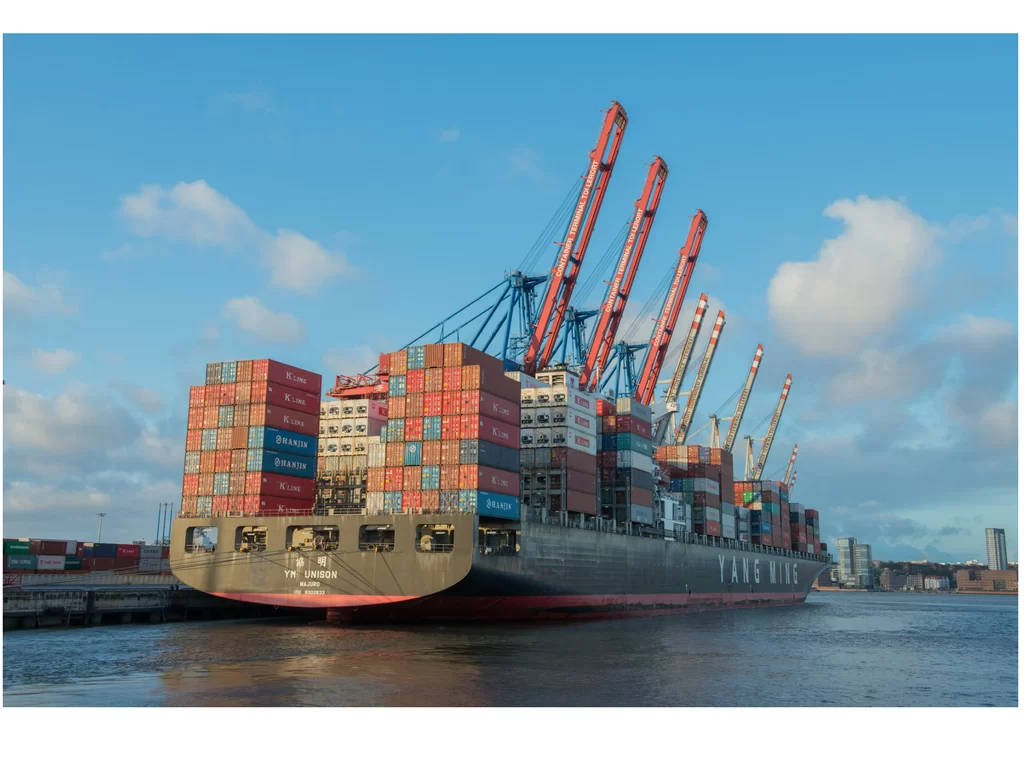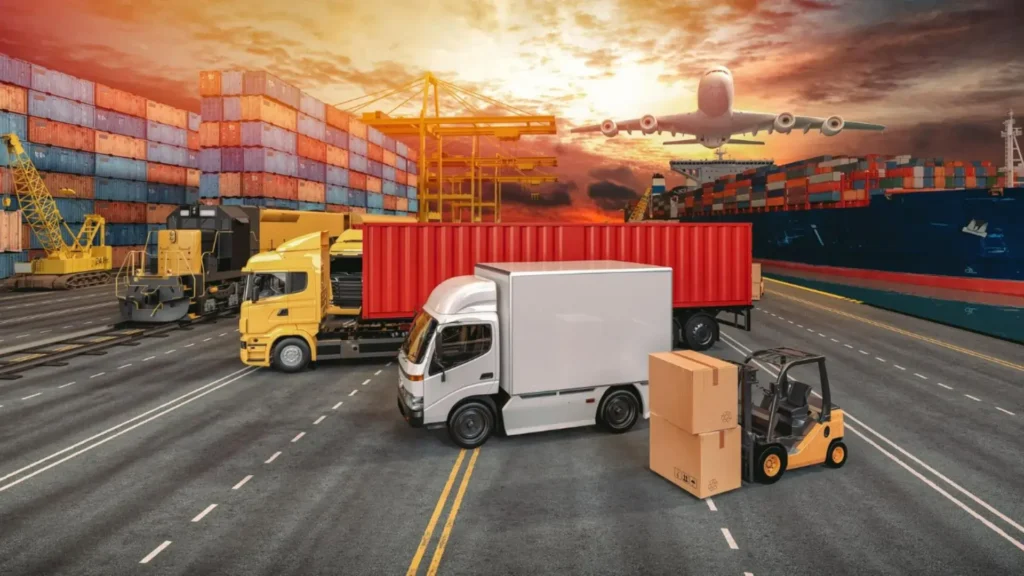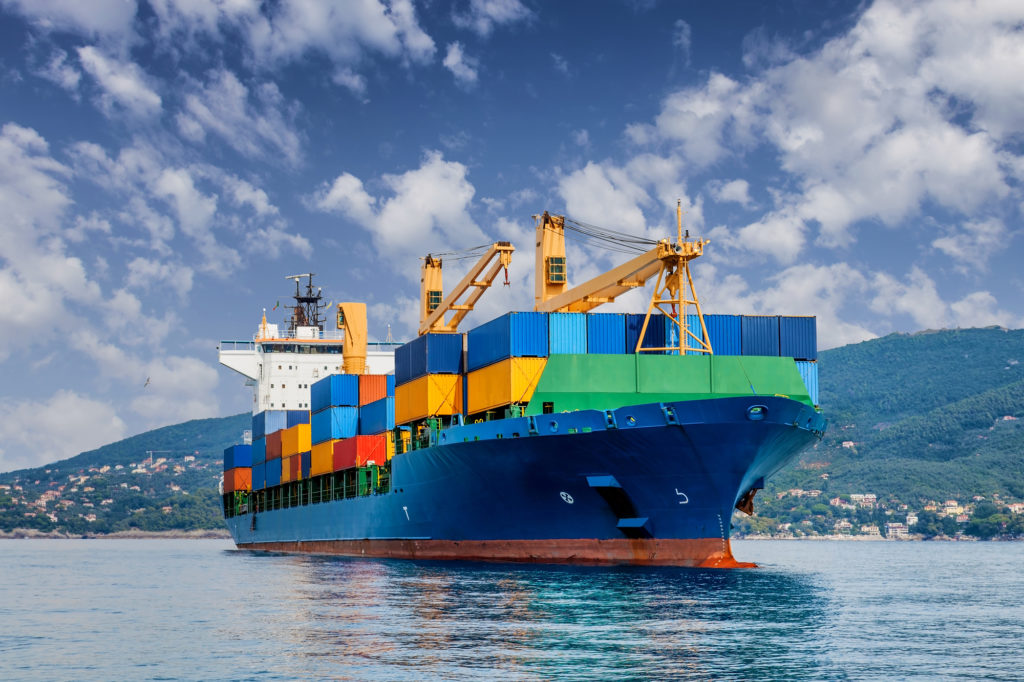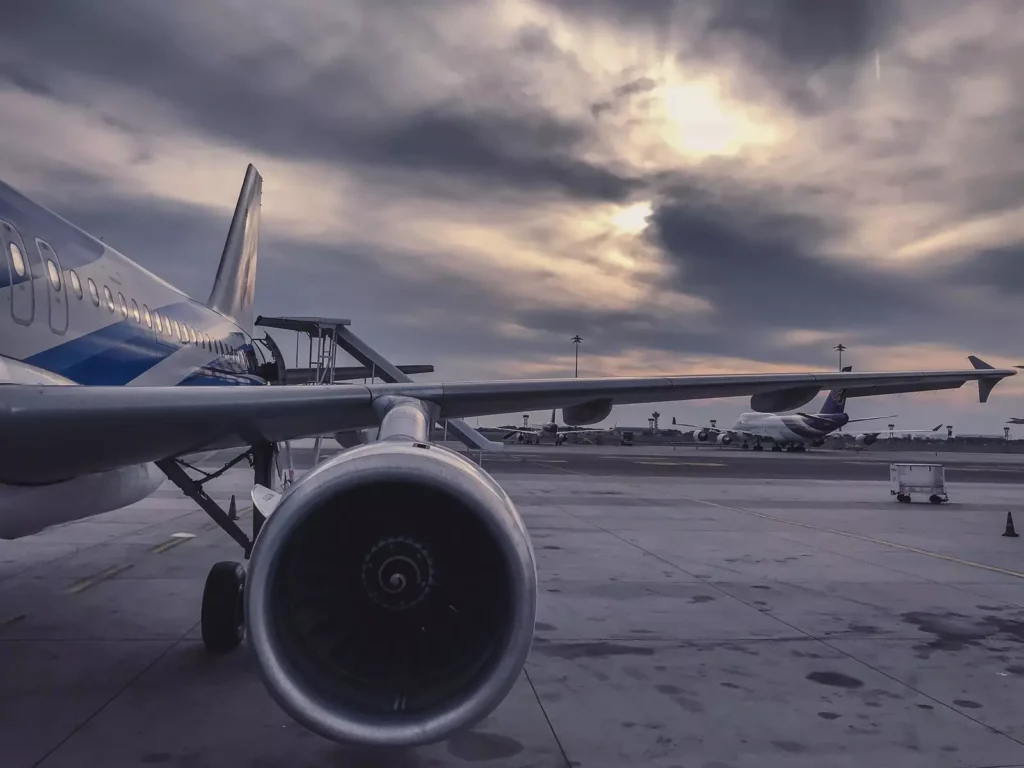In today’s interconnected world, International Affairs play a vital role in shaping global economic and social landscapes. At UNCCN, we are committed to fostering strong international relationships that span across industries such as Import-Export, Logistics, Real Estate, Shipping, Aviation, Education, Tourism, Medical, Manufacturing, and Diplomacy.
Our Role in International Affairs

Import Export
Import and export services enable businesses to tap into international markets, gaining access to resources, products, and customers worldwide. Here are a few key benefits:
- Market Expansion: Businesses can reach a broader audience and explore untapped markets.
- Cost Efficiency: Importing products or raw materials can reduce costs and improve profitability.
- Global Partnerships: Building strong international trade partnerships fosters growth and stability.
- Diverse Product Range: Exporting goods enhances brand visibility and diversifies revenue streams.
Logistics
At UNCCN, we recognize that logistics is the backbone of international trade and commerce. Our logistics solutions are designed to optimize the flow of goods, services, and information across borders. We specialize in supply chain management, transportation solutions, freight forwarding, and customs clearance, ensuring seamless global operations.
Our global network and strategic partnerships allow us to offer tailored logistics services that meet the demands of diverse industries, including Import-Export, Manufacturing, Medical, and Real Estate. We focus on reducing costs, improving delivery timelines, and enhancing operational efficiency, making international business smooth and hassle-free.


Real Estate
We understand that real estate is a key driver of economic growth in international markets. Our role in global real estate extends beyond transactions—we provide strategic guidance to investors, developers, and corporations seeking lucrative opportunities worldwide.
Our expertise covers commercial, residential, and industrial real estate, helping clients navigate complex regulatory environments, conduct market research, and secure high-return investments. We specialize in cross-border property acquisitions, real estate financing, and international property management, ensuring seamless operations from start to finish.
Shipping
At UNCCN, we understand that real estate is a key driver of economic growth in international markets. Our role in global real estate extends beyond transactions—we provide strategic guidance to investors, developers, and corporations seeking lucrative opportunities worldwide.
Our expertise covers commercial, residential, and industrial real estate, helping clients navigate complex regulatory environments, conduct market research, and secure high-return investments. We specialize in cross-border property acquisitions, real estate financing, and international property management, ensuring seamless operations from start to finish.


Aviation
Aviation has long been a cornerstone of international relations, facilitating global connectivity, trade, diplomacy, and tourism. As nations work together in a rapidly evolving world, the aviation sector has become an essential tool in fostering international cooperation and economic growth.
- Diplomatic Relations and Air Services Agreements: Many countries engage in bilateral and multilateral air services agreements (ASAs) to regulate air traffic rights, ensuring safety, security, and fair competition. These agreements also promote deeper diplomatic ties by facilitating increased interaction between governments and citizens.
- Airline Alliances and Global Connectivity: Major airline alliances like Star Alliance, Oneworld, and SkyTeam further strengthen ties between countries, offering shared routes, pricing systems, and schedules that connect passengers globally.
Education
Education has always been at the heart of global progress, fostering understanding, cooperation, and development across borders. As the world becomes increasingly interconnected, education plays a vital role in international relations, offering a platform for nations to collaborate, share knowledge, and address global challenges.
- Cultural Diplomacy through Education: Education acts as a vehicle for cultural exchange, building mutual understanding and respect between countries.
- Building Global Alliances: Countries with strong educational ties often form lasting diplomatic relationships. Educational diplomacy, where governments offer scholarships or establish academic institutions abroad, strengthens ties and nurtures trust between nations.


Tourism
Aviation has long been a cornerstone of international relations, facilitating global connectivity, trade, diplomacy, and tourism. As nations work together in a rapidly evolving world, the aviation sector has become an essential tool in fostering international cooperation and economic growth.
- Diplomatic Relations and Air Services Agreements: Many countries engage in bilateral and multilateral air services agreements (ASAs) to regulate air traffic rights, ensuring safety, security, and fair competition. These agreements also promote deeper diplomatic ties by facilitating increased interaction between governments and citizens.
- Airline Alliances and Global Connectivity: Major airline alliances like Star Alliance, Oneworld, and SkyTeam further strengthen ties between countries, offering shared routes, pricing systems, and schedules that connect passengers globally.
Medical
Healthcare and medicine play a pivotal role in international relations, fostering collaboration among countries to tackle global health challenges, share knowledge, and improve healthcare delivery worldwide. In a rapidly globalizing world, medical diplomacy, international health policies, and cross-border healthcare collaborations are key to addressing health crises, enhancing medical research, and improving global health outcomes. This article explores the significance of medical affairs in international relations and its impact on global cooperation and diplomacy.

Manufacturing and Diplomacy
In today’s interconnected world, manufacturing is more than just the production of goods—it’s a critical pillar of international diplomacy and global economic relations. The intersection of manufacturing and diplomacy shapes trade agreements, economic partnerships, supply chain resilience, and geopolitical strategies. As countries compete and collaborate in the global marketplace, manufacturing industries become powerful tools for fostering international alliances, promoting economic development, and navigating complex diplomatic landscapes.
